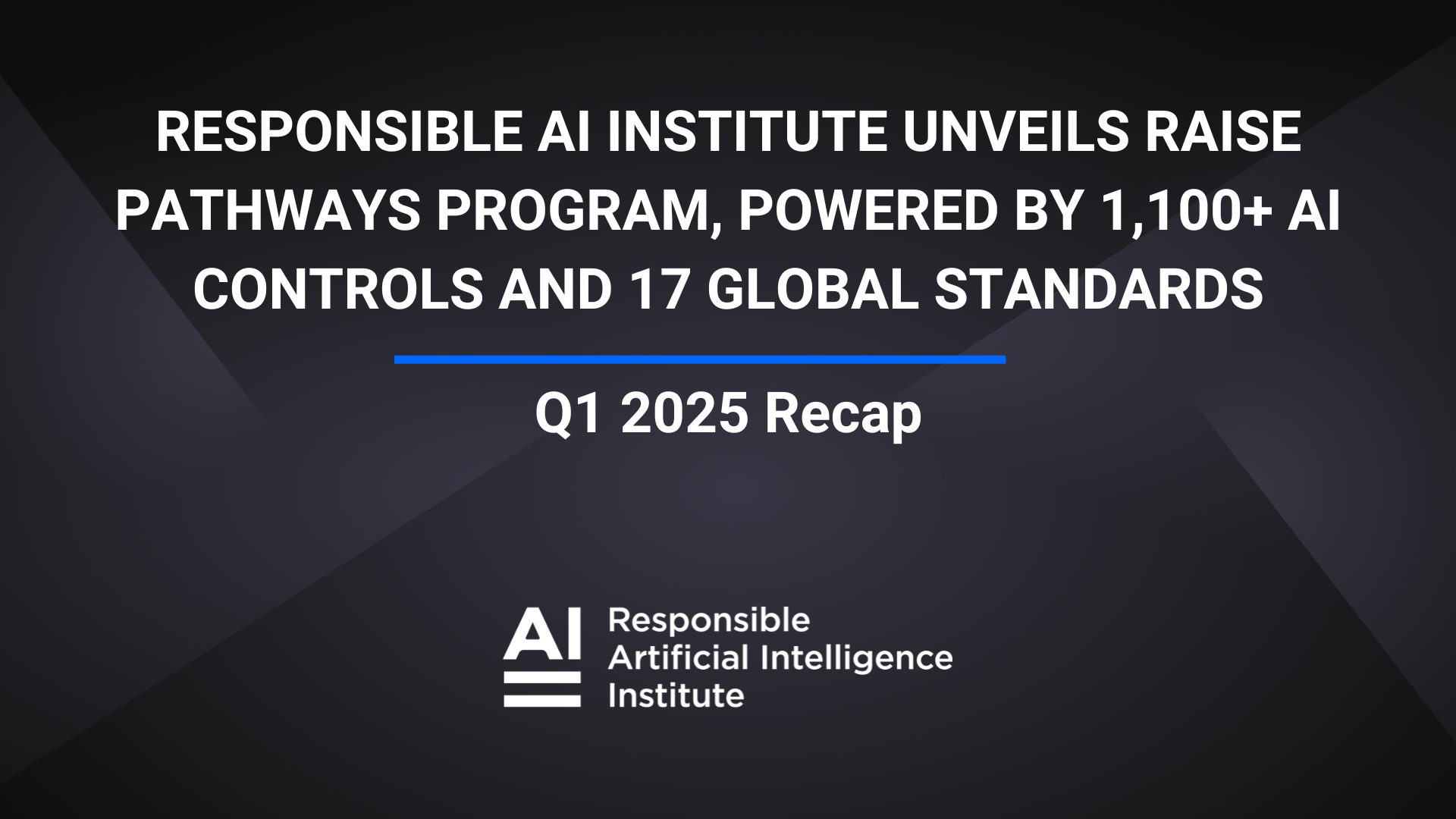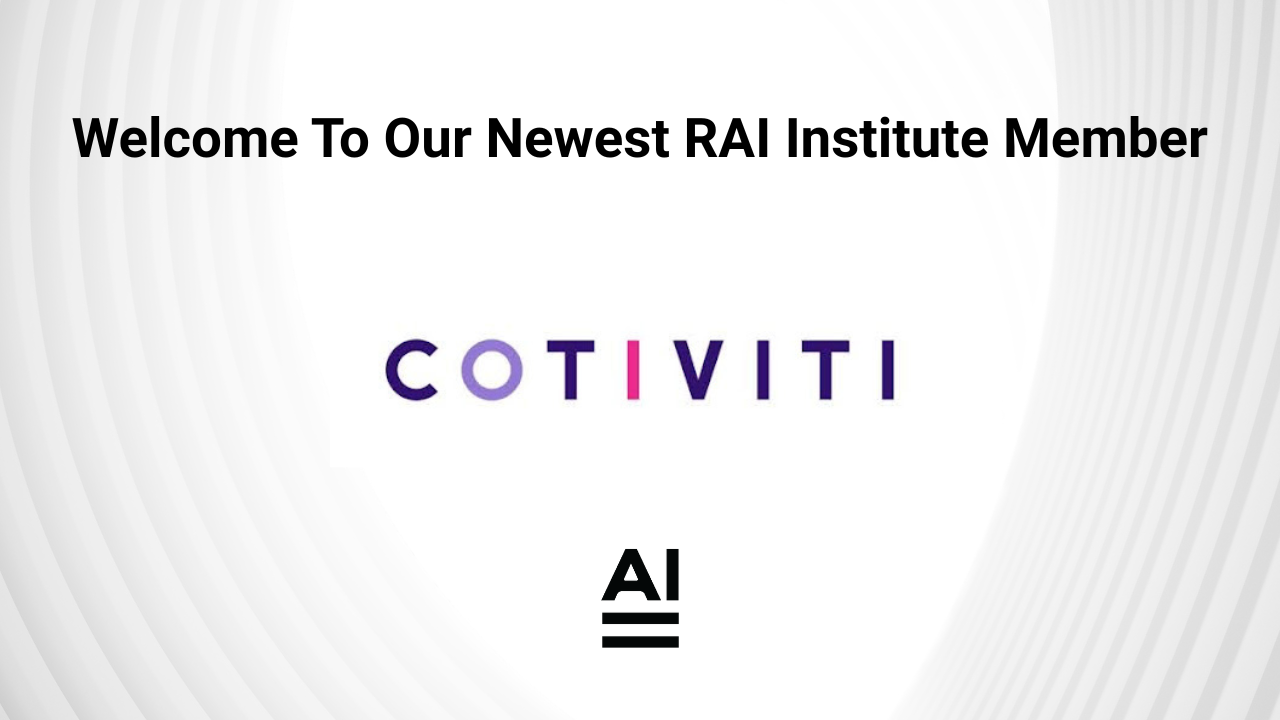Toronto, Ontario: Many authorities from regional to international have created (or are creating) or adapting AI strategies, actions plans, policies, and governance frameworks. Some have even started to regulate specific AI technologies.
For example, San Francisco has banned facial recognition technologies (and similarly Portland, Oregon), and Illinois has enacted the AI Video Interview Act. Still, AI regulation is a highly fragmented area overall. Is there hope for a harmonized, global framework, and how likely is that to be created? Especially given the results of the Moral Machine experiment and cross-cultural ethical variations it highlighted. For these reasons, I was very grateful last week for the opportunity to attend the Athens Roundtable on Artificial Intelligence and the Rule of Law. This was an international event in its second year, which brought together stakeholders from government, industry, academia, non-profits, civil society, and standards bodies to focus on a specific topic: AI ethics, governance and regulation. This event is bound by the Chatham House Rule that forbids revealing participants’ identity or affiliation. So below is a summary of the major themes and discussion points without the usual attribution.
AI regulation must be agile
Event participants generally agreed that we must act promptly to regulate AI and Machine Learning (ML). While the technology has shown tremendous potential, biased applications are already harming individuals, disrupting democratic processes, damaging public trust, and endangering basic human rights. “AI should be a force for good for all and not just a source of profit for a few”, said one Roundtable presenter. And so regulators must move quickly. Regulators must also be nimble and dynamic, since AI is a fast-moving target. And they will need to word any legal instruments in technology-neutral terms, so that these instruments can be applied to new algorithms, techniques, application areas and use cases. Any regulation put in place now must be future proof: it will need to work today and in the years to come.
AI regulation is a global effort built on trust
The effort to create a regulatory framework for AI must be global, said several panelists. The goal is to harmonize legal instruments and standards across regional and national boundaries. This observation is supported by a poll conducted during the Roundtable: 74% of the attendees agreed that harmonization of AI regulation is “very important”. (Another 24% said it is “somewhat important”, and only 1% said it is “a bad idea”.)
Moreover, AI regulation mush be built on an ecosystem of trust, because without trust we will not be able to realize the benefits. As with any previous, new technology, trust is fundamental for wide adoption. Also for extracting maximum value.
(Smart) regulation is good for business
Regulation, when executed well, has business benefits also: it creates certainty and establishes a level playing field, promoting competition. Regulation also helps to inform internal policy which drives governance and accountability.
Regulation typically comes in several forms, from “harder” legal mechanisms to “softer” tools: principles, frameworks, codes of practice, standards, etc. Regulation can also take the shape of co-regulation and self-regulation. All of this could – and should — be leveraged for AI (including existing laws), agreed the roundtable participants.
In fact, several countries have already adopted a light-touch approach to AI regulation — aiming to provide guidance and create the right mindset in business, rather than to outright ban technologies. Among the Roundtable participants, 88% agreed that a combination of regulations and soft law/standards is the best way forward. (Only 2% of the respondents were completely opposed to regulation.)
AI regulation should be risk-based…
Moreover, not all areas of AI need to be regulated equally (some perhaps not at all) as they are unlikely to generate any harm (music recommendation was one such example). To determine appropriate regulation levels and methods, we’ll need to develop a taxonomy of risks, as well as a matrix of AI use cases, risks, and harms (considering severity). A “one size fits all” approach rarely works well in real life, and regulation is no exception.
If regulation is based on risk, a common risk categorization framework must be developed also. In addition to informing regulation, such a framework will help to guide governance inside organizations developing or using AI technologies.
… And values-driven
Naturally, any AI regulation and governance must be two things: grounded in shared principles and values; and a product of a collaborative, consensus-building process, including stakeholders from industry, interest groups and civil society. Otherwise, practices that crystallize may not be optimal, noted one panelist. Moreover, the panelist continued, “you can’t make it work if you do not agree on the values. And only after the values can you start working on operationalizing governance”. Still, a global framework should potentially allow for variation to account for national norms, suggested another panelist.
“You can’t change what you cannot measure”
Another important dimension of AI regulation is the need to be evidence-based. “What is the real-world expertise that is needed to operate AI?”, asked one panelist. Society asks that professionals take exams and get licensed in order to operate complex technology – airplane pilots is an often-mentioned example. Society also asks professionals to demonstrate that they meet the defined standards for their occupations (education, law, medicine, etc.). AI is no different. Any AI operator will need to be certified and their compliance measured. As an aside, this requirement should also extend to the general public and casual AI users: just as we demand that adults attend a driving school and pass an exam before they may legally drive a car on public roads.
For any regulatory framework to succeed, it will need to be theoretically sound and also practical; it will need to be tied to standards and certifications. This is the frontier for AI regulation. Many authorities have already defined ethical AI principles and/or frameworks. While there is shared commonality among them, most are still aspirational, said a panelist. These frameworks will need to be converted into clear guidance, standards, and other tools, and they will need to be testable.
Standard vocabulary and dimensions of trust.
This is not a trivial task. How should we quantify trust and measure trustworthiness? (Besides the obvious that trust is something that you either have or you don’t.)
Hence the need to agree on what constitutes trustworthiness (and its opposite, risk) – and we’ll need to do it for each AI building block, said the above panelist.
We’ll also need to build a unified vocabulary around risk and trust, which is currently lacking. Only then can we start developing standards, performance benchmarks, and tools to measure conformance and compliance, the panelist continued. Of course, to support measurement across a global constituency, we’ll need to invest in common data standards and interoperability in data, systems, and legal regimes.
Transparency and culture are fundamental components of AI governance and regulation.
Additional discussion topics included transparency, which is a fundamental way of building trust. This approach includes documentation — about all about decisions made in the application development life cycle. A good way to start today is by leveraging relevant frameworks:
- FactSheets: Increasing Trust in AI Services through Supplier’s Declarations of Conformity
- Datasheets for Datasets
- Model Cards for Model Reporting
Governance is largely about culture, said a government representative. The person continued: we see that AI governance has been successful in countries with a strong social contract and trust in the government, where populations are willing to make trade-offs if AI is being used for reasonable purposes. Therefore it will be important to build that trust, not least through education.
Is global harmonized AI governance and regulation a unicorn?
So how likely are we to see a harmonized regulatory framework for AI? In the end, Roundtable attendees thought it rather unlikely:
- Only a quarter (25%) of the attendees agreed with the 90% likelihood that we’ll see a globally legally binding treaty in the coming decade
- 44% said that it’s a50% likelihood
- 18% estimated the odds at 10%
- 13% simply said “no way!”
Personally, I’m in the 90% group. I agree with the panelist who said: “This (AI) is bigger than any nation, so yes we need to find/create that unicorn” (aka a unified AI governance/regulatory framework). If we can agree on many things around COVID-19, perhaps we can agree on AI governance as well, starting with developing international standards and mutual recognition systems and schemes. One such initiative is by AI Global [now RAI], a non-profit, which has created a Responsible AI Design Assistant and a Responsible AI Check.
Another encouraging development is from an international organization headquartered in Europe, whose mandate is to uphold human rights, democracy, and the rule of law. The organization is working on a binding treaty on AI. They have a history of rapidly achieving consensus among members (on other kinds of treaty) — in the wake of a recent tragedy, they reportedly needed only seven weeks. They are looking to start negotiating on AI in January 2021.
In the end, I hope that cooperation, compassion and the desire to do the right thing will win out. We can all benefit from AI: the Athens Roundtable on Artificial Intelligence and the Rule of Law, and the dialogue and collaboration it has created are encouraging steps in that direction.
About the Athens Roundtable “Co-founded in 2019 by IEEE SA, The Future Society, and ELONtech, the Roundtable is held under the patronage of H.E. the President of the Hellenic Republic Ms Katerina Sakellaropoulou. Its mission is to advance the global dialogue on policy, practice, international cooperation, capacity-building and evidence-based instruments for the trustworthy adoption of AI in government, industry and society, under the prism of legal systems, the practice of law and regulatory compliance”.




